One day Meg Fozzard’s brain was working properly, the next it wasn’t. In conversation with three people who have had similar, life-altering experiences, she explores the huge impact of brain injury and if there’s any such thing as a ‘normal’ brain.
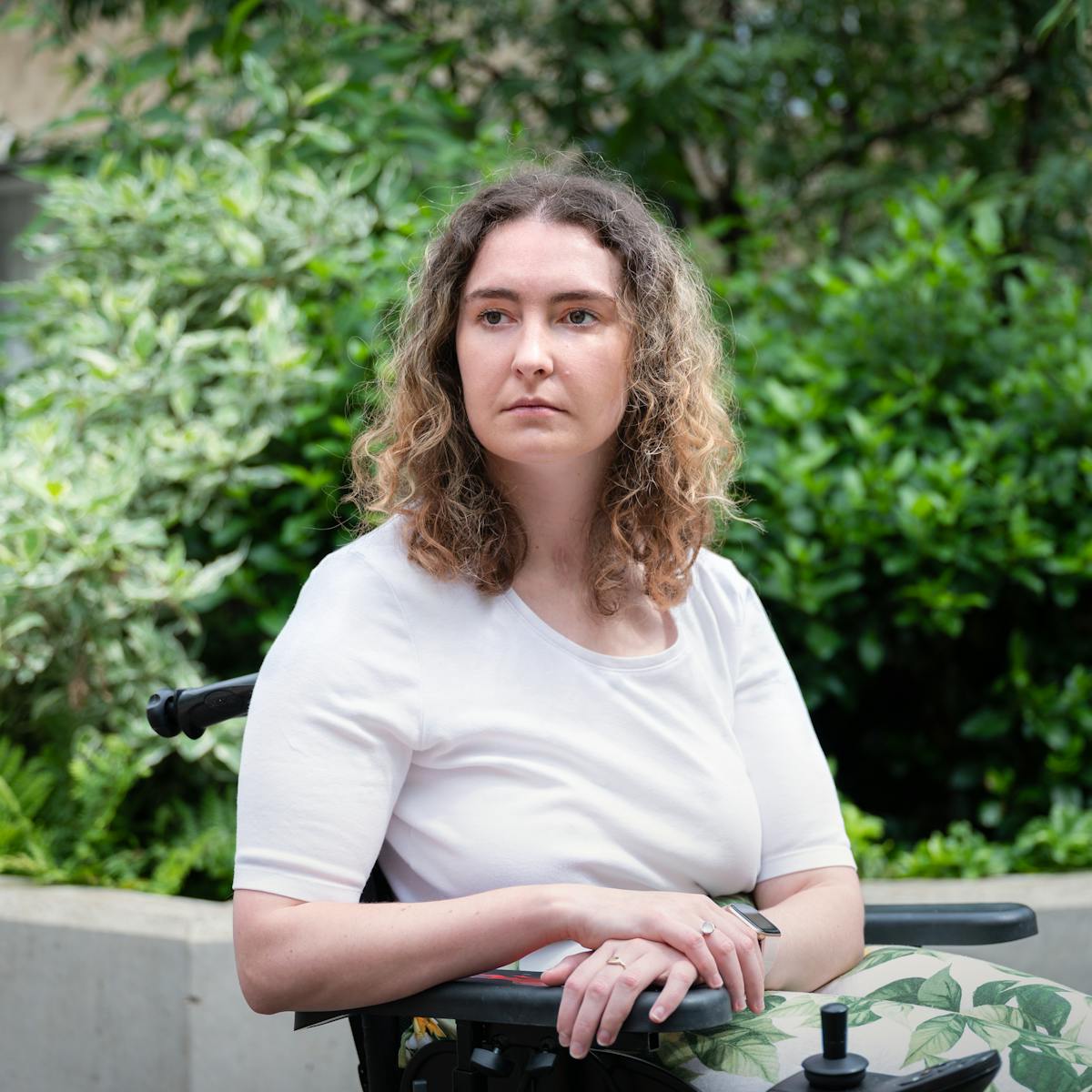
An “acquired brain injury” is one caused some time since birth. The reason might be something like a fall, a road accident, a tumour or a stroke. One day you have a ‘normal’ brain and the next you don’t. This is exactly what happened to me.
I was a healthy 26-year-old. Then I had a cardiac arrest, suffered a hypoxic brain injury and my life completely changed. I am a different person compared to who I was before. I am now a wheelchair user. I can’t remember what I had for dinner last night. I am tired pretty much all the time, except for when I sleep for nine hours. I can’t write with pen and paper properly.
Until now, I’ve never really met anyone else with an acquired brain injury or had a conversation about our experiences. I wanted confirmation that there are other people who feel the same way I do.
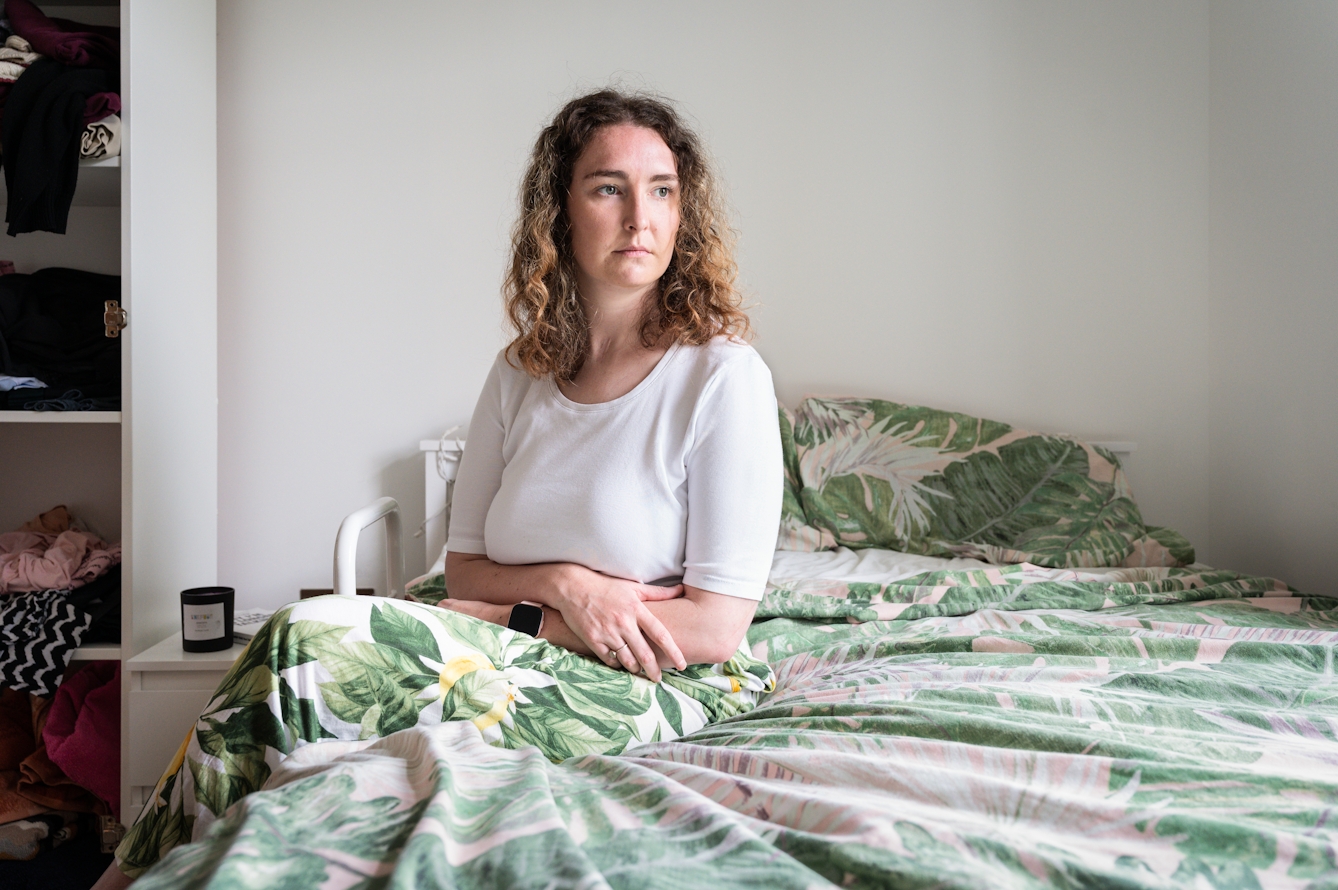
“I am a different person compared to who I was before. I am now a wheelchair user. I am tired pretty much all the time, except for when I sleep for nine hours.”
Alister was walking in the park when he was hit by a cyclist. He suffered a massive head trauma, including a bleed on the brain. John fell off a building, hitting a concrete block head first. Mike was in a motorcycle accident. Like me, one day their brains worked well, the next they didn’t.
Brain injuries affect everyone in different ways. For me, I have had a few personality changes. I can no longer stand, or seemingly understand, physical affection. This has been difficult to work through in my relationship because I used to be affectionate. I also have anxiety, which is something I never experienced before.
Mike told me that he doesn’t take risks anymore and is very shy with others, while John explained he is more emotional now. “Watching a silly romantic film or something like that,” he says, “I'll end up practically crying, whereas I can't ever remember doing that before.” Alister told me his brain injury has “had a huge impact on my family and myself. My mood, mostly. I have little patience now.”

“I know that my brain doesn’t work well for me. I can’t do half of the things that I used to, and I am still coming to terms with this.”
This emotional impact is often harder to deal with than the physical symptoms, such as limited mobility, speech problems and fatigue. According to Headway, a charity that works with brain-injured people, “For many families, the worst consequence of brain injury is feeling as if the person who was once known and loved has somehow slipped away… For the person with a brain injury, losing a sense of their own identity is traumatic and frightening.”
But why does a brain injury affect our emotions? I spoke to Vaughan Bell, a neuroscientist and clinical psychologist. Vaughan specialises in understanding and treating brain injury, mental distress and psychological impairment.
“A brain injury can affect people emotionally in two important ways. The first is by damaging the brain circuits that are involved in the regulation of mood and emotion,” he says. “The second is by experiencing a serious life event that may involve a huge change in circumstances, disability or loss.”
A life-changing experience
It’s hard for people with brain injuries to accept that our lives have changed forever. Right before my brain injury, I had been working at a charity, creating video content for them. I’d recently graduated from the National Film and Television School and was beginning my career.
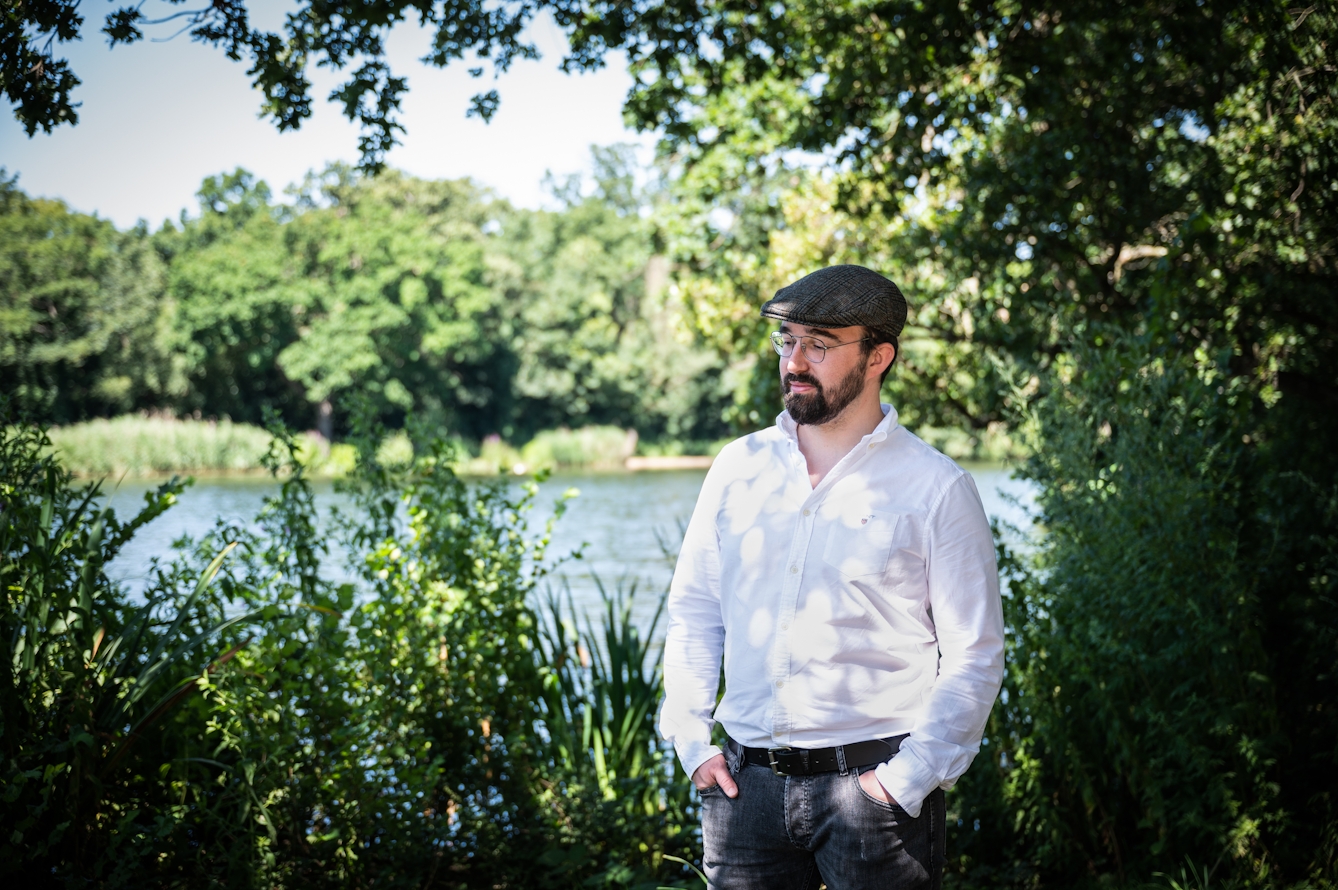
“Alister was walking in the park when he was hit by a cyclist. He suffered a massive head trauma, including a bleed on the brain.”
Before his accident, Alister had trained to be a chef at Buckingham Palace and was working with some high-profile clients. His work since has been affected. “It damaged the nerves responsible for my taste and smell, which has still not recovered fully… [and] is a big nuisance in my job,” he said. He now has to rely on his instincts when it comes to seasoning.
John told me about his career. “Not being too boastful, but I used to run companies, big companies. I used to run them and handle it all,” he said. “Now I have a hard job trying to run myself. In fact, without my two daughters’ help, I wouldn’t be able to do that properly either.”
What does it mean to have a ‘normal’ brain?
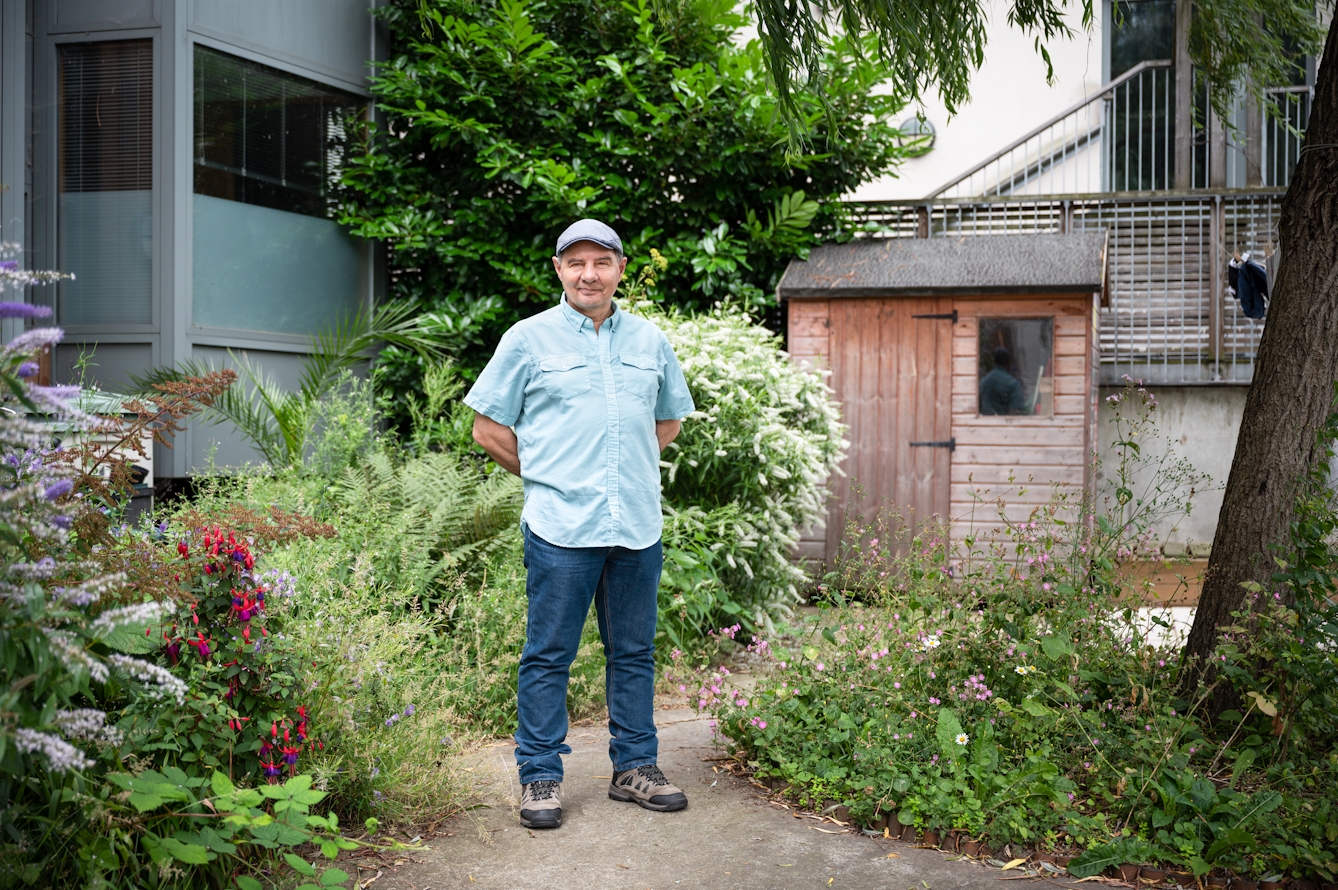
“John fell off a building, hitting a concrete block head first.”
“I don’t think I had a normal brain before I had the accident,” says John. “I don’t regard that as a statement anyone can answer, even without a brain injury. What is a normal brain and why is it abnormal? I’ve got no idea.” When I ask Alister, he says he considers himself to have an “almost normal” brain.
“‘Normal’ has many meanings – some of which are purely statistical, and some of which edge into being value judgements,” says Vaughan. “Instead I prefer the question ‘What does it mean to have a brain that works well for you?’ This allows us to think about what we want in life, and how our brains, no matter who we are, help or hinder us in living that life.”
I know that my brain doesn’t work well for me. I can’t do half of the things that I used to, and I am still coming to terms with this. I asked everyone I spoke to the same question: If you could get your brain magically fixed, would you? They all said yes.
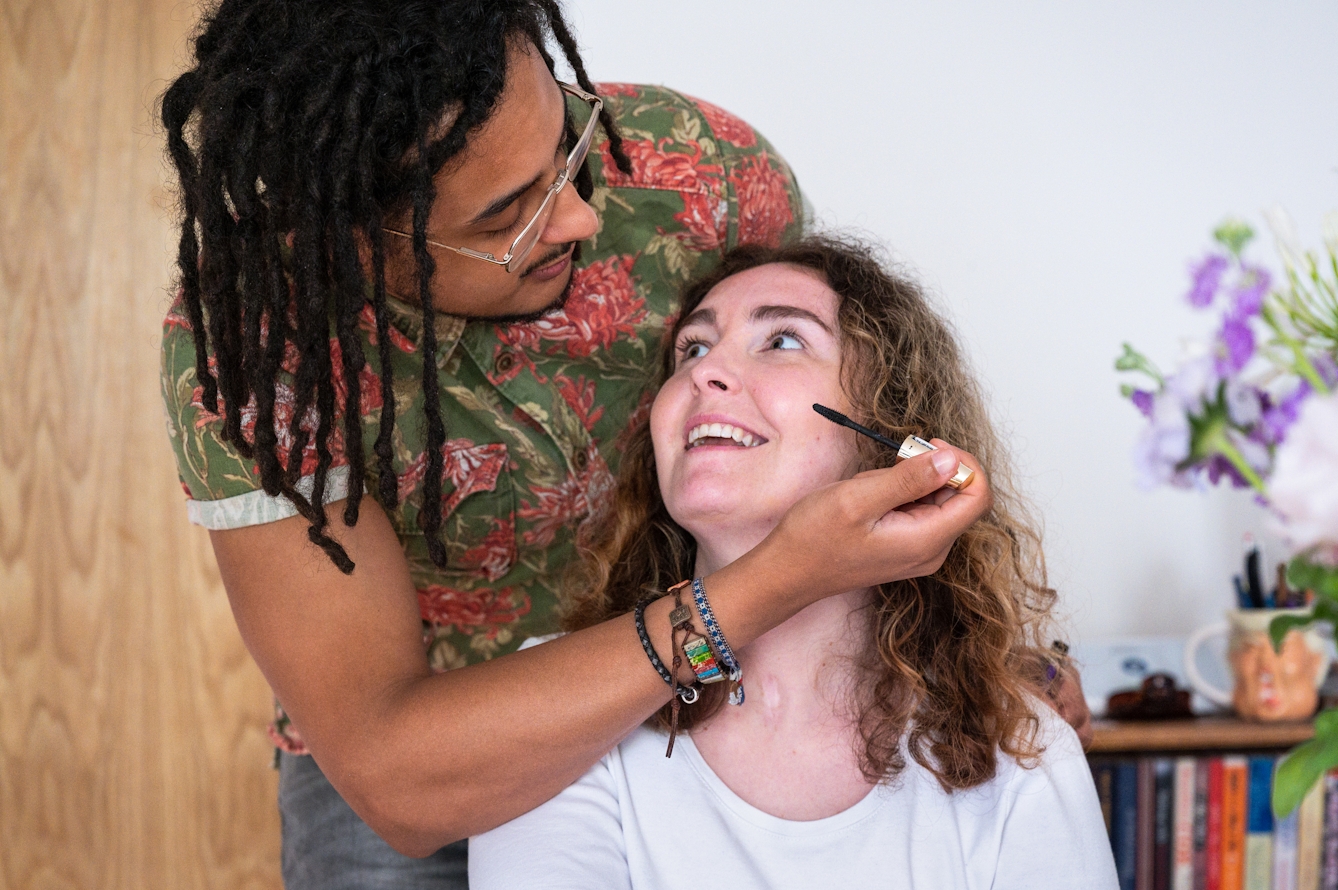
“The question ‘What does it mean to have a brain that works well for you?’ allows us to think about what we want in life, and how our brains help or hinder us in living that life.”
Like John, I didn’t know a lot about brain injuries until I had one. “It wasn’t something I gave much thought to,” he told me. “If you break your arm or something, after a while it heals. And sometimes the way it heals makes it stronger than it was before. So it's only a temporary inability.
“But with brain injury it's completely different. You might mend the outside of the head, with the cracks and bangs and all the rest of that. But you can't ever repair the inside of it. There is no repair, nothing you can do. You’ve only got to try and work with what you've got.”
Thank you to Headway East London for their help with this article.
About the contributors
Meg Fozzard
Meg Fozzard is a freelance journalist and producer who mainly writes about disability issues. She can often be found trying to put the non-disabled world to rights on Twitter and Instagram.
Kathleen Arundell
Kathleen is a freelance photographer working in the culture and heritage sector. She works in a range of museums across London, and loves all things science and art.

